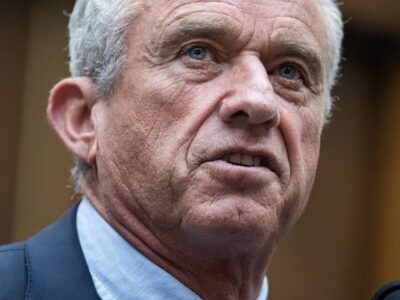US-India Climate Dialogue Agenda I: A TRIPS Protocol
Long, long ago in a galaxy far, far away — well, no, actually two months ago in Washington, DC, President Obama and Indian Prime Minister Singh inked something called the US-India Climate Dialogue. It was a pretty transparent attempt to salvage something from the fact that India would never agree to binding emissions cuts (and probably the US wouldn’t, either).
And what was this Dialogue supposed to do? Your guess is as good as mine, but here’s one place to start: the Trade-Related Aspects of Intellectual Property Rights accord, better known as TRIPS.
TRIPS intimately concerns climate change because intellectual property rights regimes might prevent developing countries from accessing the high technology that could reduce their emissions. For example, supercritical and ultra-supercritical coal technologies have significantly lower emissions than regular plants, and since India is going to rely on coal for a big chunk of its ongoing energy needs, it obviously makes sense for it to go with the best available supercritical technology.
But maybe it won’t be able to, because various developed country firms own the patents to this technology, and might object even if Indians developed new processes utilizing this technology. Oh yes, they would sell: at an exhorbitant price.
What to do? That’s where TRIPS comes in. Theoretically, American technology patent holders might argue that under TRIPS, India’s patent enforcement authority should enforce their US patents. But here’s the catch: any objection to an Indian failure to enforce TRIPS must be made by the US Government at the WTO, not the patent-holder in a private right of action.
You can see where this is going. The Dialogue could establish protocols concerning:
- when the United States would bring such an action and when it would not;
- how negotiations for compensation should proceed and under what basis, and;
- anything that India might provide as emissions reductions in return for US forbearance.
The point is that there is a negotiating space here for the United States and India to achieve a win-win on climate outside the Kyoto/Copenhagen mosh pit. Essentially, the Dialogue could work toward some sort of compulsory licensing scheme that could compensate US patent holders more quickly (although less lucratively), transfer key technology, and give New Delhi incentives to work on reducing their own emissions in other ways.
These opportunities abound, about which more to come. But TRIPS is a good place to start.








Reader Comments